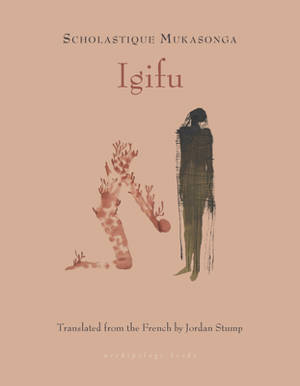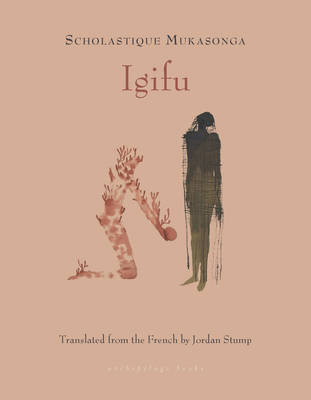
- Afhalen na 1 uur in een winkel met voorraad
- Gratis thuislevering in België vanaf € 30
- Ruim aanbod met 7 miljoen producten
- Afhalen na 1 uur in een winkel met voorraad
- Gratis thuislevering in België vanaf € 30
- Ruim aanbod met 7 miljoen producten
Zoeken
Omschrijving
The stories in Igifu summon phantom memories of Rwanda and radiate with the fierce ache of a survivor. From the National Book Award finalist who Zadie Smith says, "rescues a million souls from the collective noun genocide." Scholastique Mukasonga's autobiographical stories rend a glorious Rwanda from the obliterating force of recent history, conjuring the noble cows of her home or the dew-swollen grass they graze on. In the title story, five-year-old Colomba tells of a merciless overlord, hunger or igifu, gnawing away at her belly. She searches for sap at the bud of a flower, scraps of sweet potato at the foot of her parent's bed, or a few grains of sorghum in the floor sweepings. Igifu becomes a dizzying hole in her stomach, a plunging abyss into which she falls. In a desperate act of preservation, Colomba's mother gathers enough sorghum to whip up a nourishing porridge, bringing Colomba back to life. This elixir courses through each story, a balm to soothe the pains of those so ferociously fighting for survival. Her writing eclipses the great gaps of time and memory; in one scene she is a child sitting squat with a jug of sweet, frothy milk and in another she is an exiled teacher, writing down lists of her dead. As in all her work, Scholastique sits up with them, her witty and beaming beloved.
Specificaties
Betrokkenen
- Auteur(s):
- Vertaler(s):
- Uitgeverij:
Inhoud
- Aantal bladzijden:
- 160
- Taal:
- Engels
Eigenschappen
- Productcode (EAN):
- 9781939810786
- Verschijningsdatum:
- 15/09/2020
- Uitvoering:
- Paperback
- Formaat:
- Trade paperback (VS)
- Afmetingen:
- 127 mm x 170 mm
- Gewicht:
- 136 g

Alleen bij Standaard Boekhandel
+ 57 punten op je klantenkaart van Standaard Boekhandel
Beoordelingen
We publiceren alleen reviews die voldoen aan de voorwaarden voor reviews. Bekijk onze voorwaarden voor reviews.











